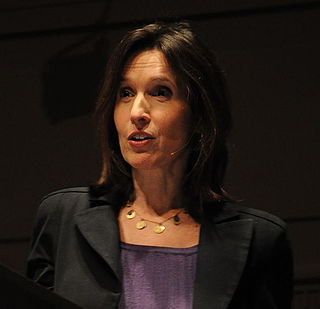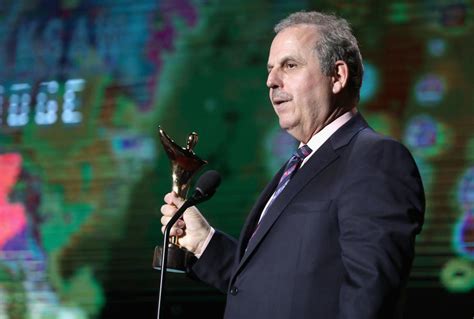A Quote by Frances O'Grady
The dominant economic approach of the last thirty years is now on its last legs. Letting the market rip and an indifference to inequality are now seen as important causes of the greatest economic crash since the 1930s.
Related Quotes
We are seeing a working-class, a middle class, which over the last three decades has seen their wages and income stagnate, while the very rich have seen their tax burden lighten in ways not seen in three or four decades. It's a face of a country that we need to look at and understand that inequality is perhaps the greatest threat to our economic recovery and democracy, and in that context we must take action.
We are under the stifling regulation and taxes of a predominantly left-wing type of thinking and philosophy. The eight years of Barack Obama have shrouded this country in punitive regulations. We haven't had economic growth higher than one and a half percent for the last eight or nine years, and that was done on purpose. There have been robust times in the past, and there are a lot of people right now that are doing well and are growing. But generally it ought to be much better in the past. There needs to be an economic revival.
I have read a great deal of economic theory for over 50 years now, but have found only one economic "law" to which I can find NO exceptions: Where the State prevents a free market, by banning any form of goods or services, consumer demand will create a black market for those goods or services, at vastly higher prices. Can YOU think of a single exception to this law?
I feel that this is my first year, that next year is an election year, that the third year is the mid point, and that the fourth year is the last chance I'll have to make a record since the last two years; I'll be a candidate again. Everything I do in those last two years will be posturing for the election. But right now I don't have to do that.
Now the masses of Latin America are electing governments they feel can take forward the democratic reforms of the last 20 years, and transform them into social and economic reforms. This is, I think, extremely important, because it also means that the left has abandoned the revolutionary solution proposed by Che Guevara and has taken the democratic path.
For when asceticism was carried out of monastic cells into everyday life, and began to dominate worldly morality, it did its part in building the tremendous cosmos of the modern economic order. This order is now bound to the technical and economic conditions of machine production which to-day determine the lives of all the individuals who are born into this mechanism, not only those directly concerned with economic acquisition, with irresistible force. Perhaps it will so determine them until the last ton of fossilized coal is burnt.
I think what happened in the last 10 or 15 years in the art market is that all the players - and that includes artists, dealers, art advisors, everyone - basically became dealers. We've had old-school collectors morph into speculators, flipping works. We've seen auction houses buying works directly from artists or from sleazy middlemen. The last step before the crash was the artists themselves supplying the auction houses. Dealing themselves, you know? The art world is as unregulated as any financial market there is.
We start with an economic approach. We look at what are the greatest causes of death in the developing world, and what causes the largest amount of disability, which would prevent you from getting a job. A lot of those deaths start with diseases, diseases we don't get in such a great number in the United States.






































